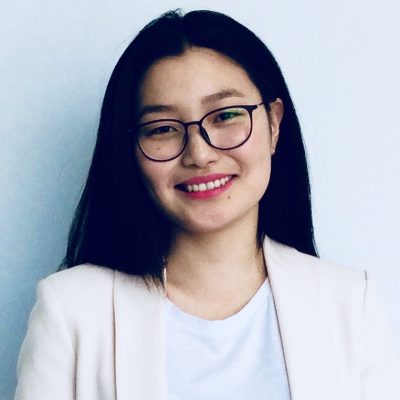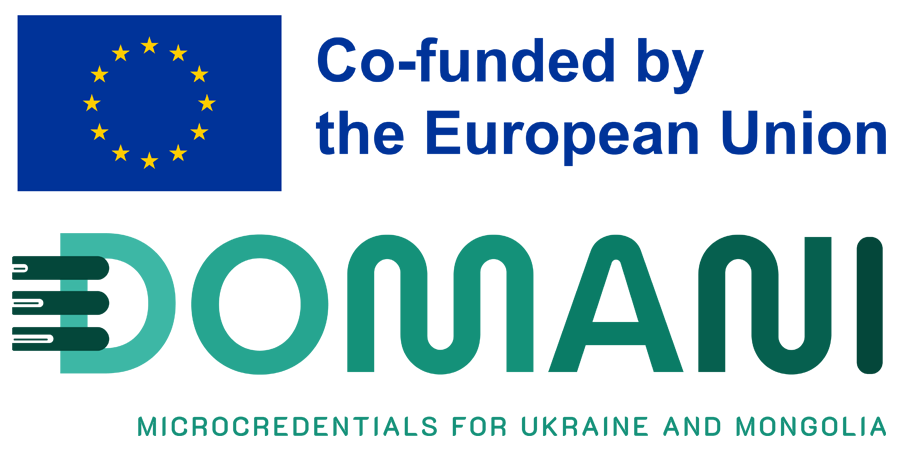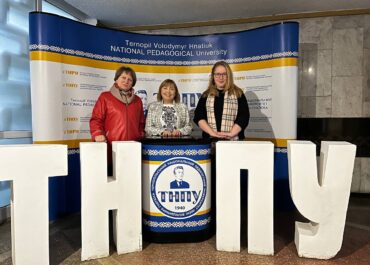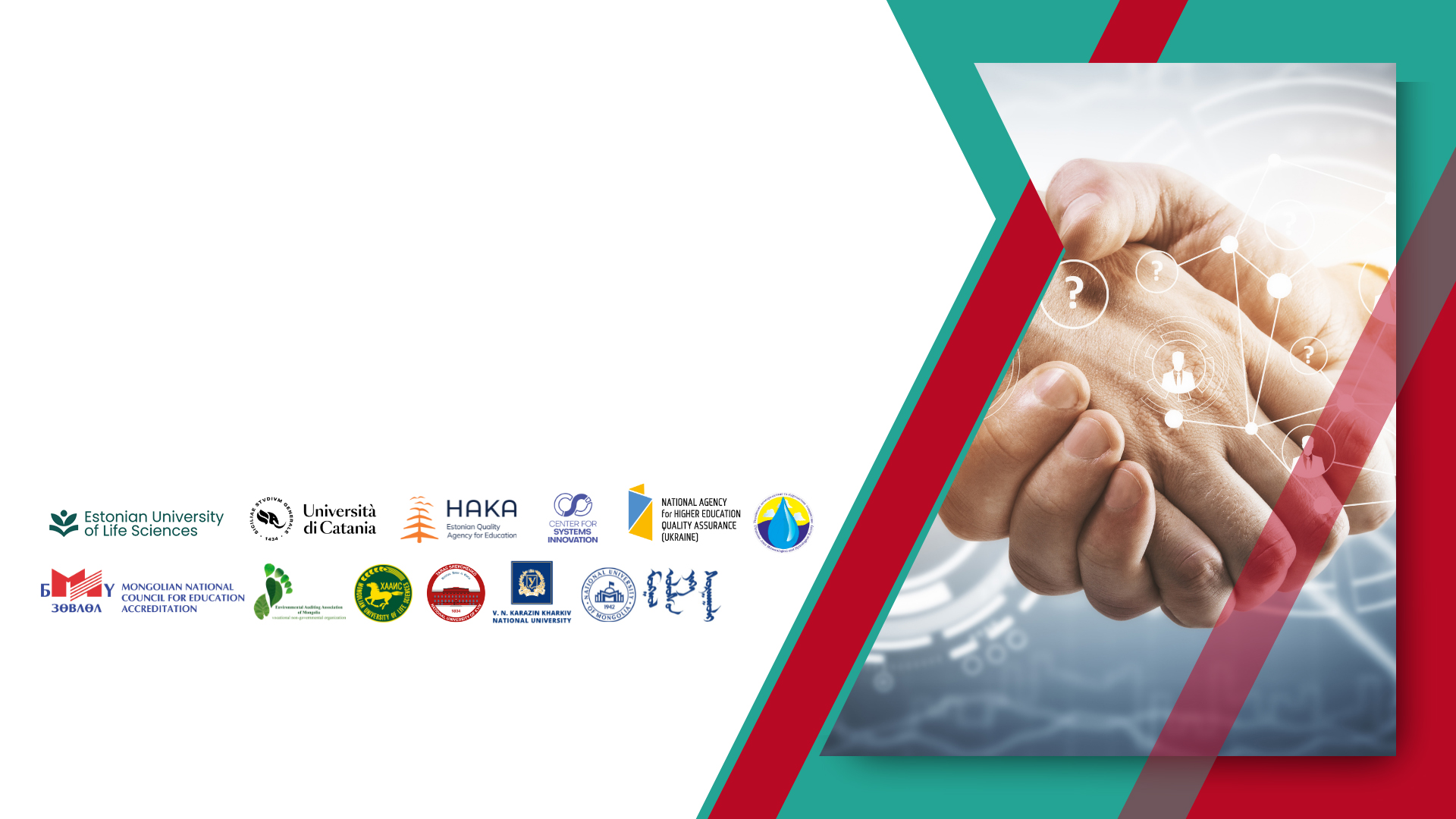


DOMANI Project
We build an educational partnership between twelve EU, Ukrainian and Mongolian institutions to launch micro credentials ecosystems in both Ukraine and Mongolia for competitive and resilient green economies

Counters
DOMANI supports EU priorities, such as the EU Green Deal with its focus themes, Digital Transformation with digital connectivity and distant learning, Integration of Migrants displaced by war, and Sustainable Growth and Jobs through business-oriented skill development opportunities.
Countries
Partners
ECTS
Micro-Credits for Life Long Learning
Join our courses for contributing green development.
Partners

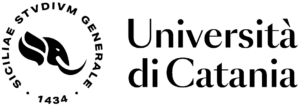
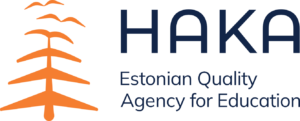
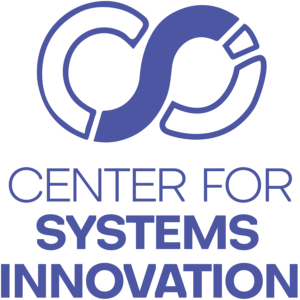
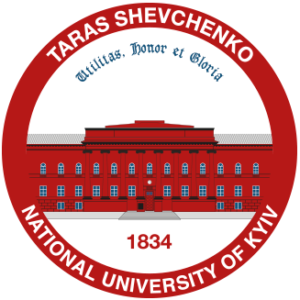
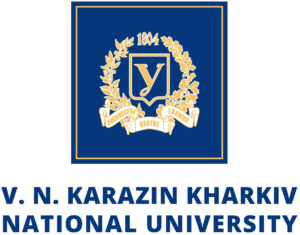
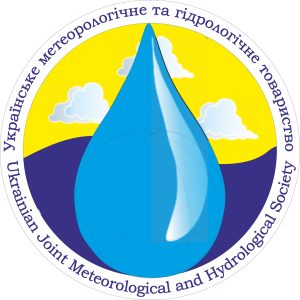

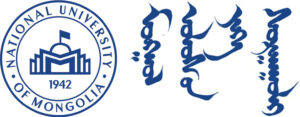
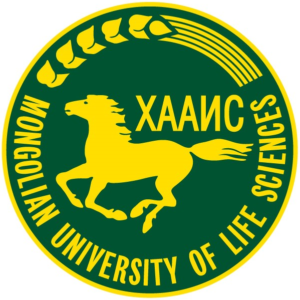

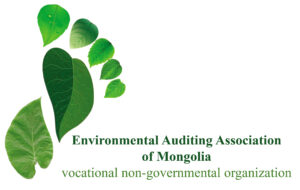
Events
Day: 05
Month: January
Year: 2026
Online training on syllabus preparation
Day: 27-29
Month: October
Year: 2025
DOMANI Management Training Session
Day: 11-13
Month: August
Year: 2025
DOMANI Competency Framework Writeshop
Day: 16-29
Month: June
Year: 2025
The "Settled Nomadism - 2025" national summer school
Latest News
Domani is an opportunity to create inspiring change in education and society together with 12 partners. As a coordinator, I feel privileged to be part of such a diverse and motivated team of partners who all share a common vision – to promote a sustainable future through education.
Kristina Marran, M.Sc
Estonian University of Life Sciences, Estonia

When initiating DOMANI, we were driven by three lines of motivation. One was to share the experience Estonia and EMU in particular had gained in constructing ecosystems for micro degree provision. The other one had to do with the prior project experiences in Mongolia and Ukraine, whereas micro-credentials appeared to us a suitable answer to many challenges faced by societies and the academia. For the third, we were eager to keep the cooperation momentum between Mongolia and Ukraine that had been achieved during the previous EMU-coordinated project INTENSE.
Anton Shkaruba, Ph.D.
Estonian University of Life Sciences
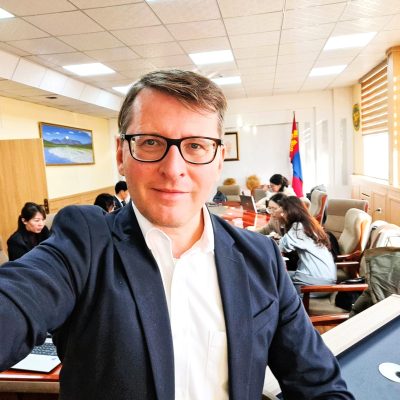
Micro-credentials offer a powerful and efficient way to deliver relevant knowledge to society by leveraging existing capacities. We have collaborated with European universities to drive institutional and educational innovations, and we are proud to support their adoption in Ukraine and Mongolia through the DOMANI Project, helping to expand access to flexible, high-quality learning opportunities worldwide.
Attila Katona
Director, Center for Systems Innovation

Developing a micro-credit system is a very vital issue in Mongolia for supporting lifelong learners and continuous learning. We are expecting the following outcomes at the end of the project, i) a regulation for the micro-credential environment, ii) online courses that support micro-credits, and iii) capacity building on MC courses.
Altansukh Ochir, Ph.D
National University of Mongolia, Mongolia

The development of a joint educational platform in the DOMANI project based on the best practices of the European Education Area and the INTENS Doctoral School is an example of a new generation of international cooperation. The six cross-cutting themes of DOMANI cover key areas ensuring post-war recovery, green transformation and sustainable development of our country. Efforts to develop curricula and create learning materials will be compensated by the demand for lifelong learning.
Nadiya Maksymenko, Sc.D
V. N. Karazin Kharkiv National University, Ukraine

As a partner in the DOMANI initiative, we are excited about our collective commitment to build resilient educational ecosystems in Ukraine and Mongolia. By leveraging EU expertise to develop micro-credentials and fostering strong labor market connections, we are not only enhancing learning pathways but also empowering individuals for a sustainable future.
Enkhuur Munkhsuld, Ph.D
Environmental Auditing Association of Mongolia, Mongolia
